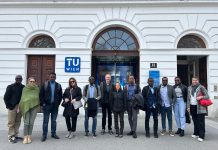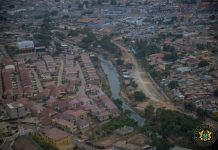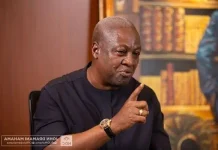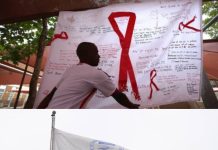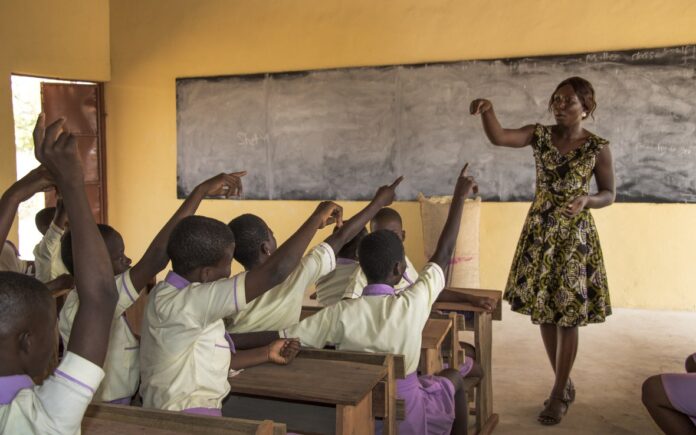The World Vision Ghana has called on policymakers, educators, and stakeholders to prioritize early education in local languages.
The organisation is of the view that providing young learners with access to instruction in their mother tongue is essential for improving literacy rates, enhancing academic performance, and preserving Ghana’s rich linguistic and cultural heritage.
World Vision Ghana again urged the Ghanaian government to implement a clear and comprehensive language policy for primary education, one that supports literacy development in both first (L1) and second (L2) languages.
“Such a policy will help build an inclusive education system that embraces linguistic diversity while equipping future generations with the skills needed to thrive in an increasingly globalized world,” the organisation stated.
Read Also: World Vision Ghana condemns bullying at Accra Academy and Zuarungu SHS
The call was made in a statement signed by Fred Selorm Parku, the Reading Improvement and Skills enhancement (RISE) Technical Programme Manager at World Vision Ghana during the commemoration of the International Mother Language Day 2025.
World Vision Ghana joined the global community in commemorating the International Mother Language Day 2025 under the theme “Silver Jubilee Celebration of International Mother Language Day.
This milestone marks 25 years of efforts to promote linguistic diversity and multilingual education, reinforcing the critical role of mother tongue-based learning in ensuring inclusive and high-quality education, particularly in early childhood and primary education.
Research has consistently demonstrated that children develop stronger reading and comprehension skills when taught in their first language.
A 2016 UNESCO report highlights that early education in a child’s mother tongue enhances learning outcomes, strengthens cognitive development, and reinforces critical thinking and cultural identity.
A study conducted in Nigeria further found that mother tongue-based early childhood education significantly improved children’s learning abilities, fostering greater confidence and participation in school (ResearchGate).
Similarly, research from South Africa indicates that literacy instruction in a child’s native language enhances reading skills in both their first language and English, proving that a strong foundation in one’s mother tongue facilitates the acquisition of additional languages (CGD).
Despite this evidence, World Vision Ghana observed that many children in multilingual countries including Ghana begin their education in a language they are not fluent in, contributing to low literacy rates and academic challenges.
“Addressing this issue requires deliberate policies that support mother tongue-based education to ensure improved learning outcomes,” the organisation stated.
Read Also: World Vision Ghana hosts Media dialogue on Environmental Sustainability and Climate Action.
Ghana| Atinkaonline.com| Porcia Oforiwaa



